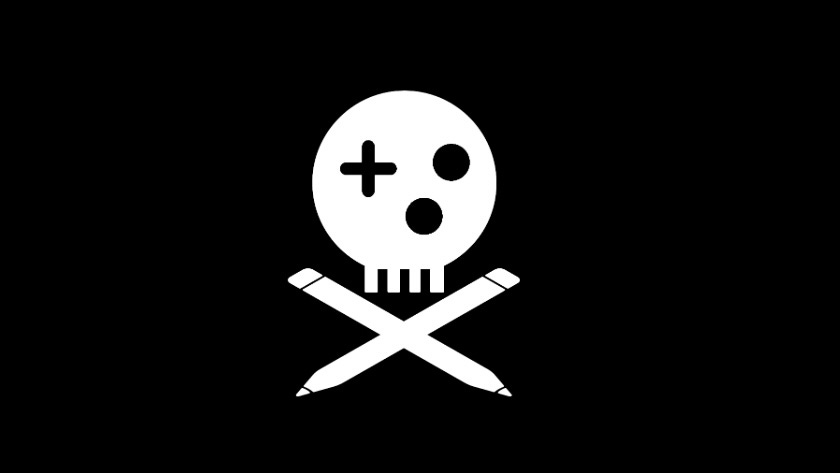Game & Word: Volume 2, Issue 2
“Pirates’ Creed, Part 2”
Table of Contents (Vol. 2, Issue 2: Monday, Feb. 7, 2022)
Summary & Housekeeping
Feature: “Pirates’ Creed, Part 2”
Food for Talk: Discussion Prompts
Further Reading
Game & Word-of-Mouth
Footnotes
Summary: Today, we’ll build on last week’s analysis on the history of pirates and start examining the portrayal of historical pirates in Assassin’s Creed IV: Black Flag.
Special Thanks to Matt McLaine (aka LootBotDad on Reddit and Twitch)—an avid gamer, streamer, and published pirate historian—for helping to fact-check this article! You can check out some of Matt’s books in the “Further Reading” section.
Errata: A previous version of last week’s newsletter described Henry Avery as the most “successful pirate,” and the only one to retire with his riches. Upon further investigation, it’s come to my attention that the former claim is contestable, and the latter is erroneous. I sincerely regret the error.
NOTE: Gmail users, you might see a truncated version of this message. If this happens to you, just click the “View entire message” link next to where it says “[Message clipped]” to read the rest.
Previous Issues:
Feature: Pirates’ Creed, Part 2
🚨🚨🚨SPOILER ALERT!!! 🚨🚨🚨
This post contains MAJOR story spoilers for Assassin's Creed IV: Black Flag, and meta-story spoilers for Assassin's Creed as a series. You've been warned!
Ahoy, me hearties! Gather round, ye scurvy dogs!
Last week, we (very briefly) went over the history of pirates, and established a benchmark for evaluating a pirate game's historical veracity:
A pirate game (or any pirate media) that captures the "brutal outlaw/populist radical" duality at the heart of Golden Age pirate history—the "pirate paradox," if you will—can be reasonably described as "historically accurate."
Now that we have this benchmark and a birds-eye understanding of pirate history, we can finally examine our game of the week: Assassin's Creed IV: Black Flag. The sixth entry in French studio Ubisoft's blockbuster Assassin's Creed franchise,1 Black Flag is set in the Caribbean from 1714 to 1720, covering the Golden Age of Piracy's peak and rapid decline ("sudden collapse" is arguably a better term, but whatever... semantics).
The 29-game2 Assassin's Creed series' overarching narrative arc serves as the foundation for each game's story and setting. This "meta-narrative" centers around a millennia-spanning conflict between the Assassins and the Templars—two shadowy orders that have long been popular amongst Illuminati/"New World Order"-type conspiracy theorists—over who gets to "pull the strings" of society.3
With this premise as its foundation, Assassin's Creed may seem like merely another of countless other video game power fantasies where you play an indestructible, one-person legion destined by fate herself to save single-handedly the world from the entire forces of evil.
But it isn't, at least not entirely, because Assassin's Creed has a "secret sauce." This differentiates it from so many combat/stealth-focused action games:





